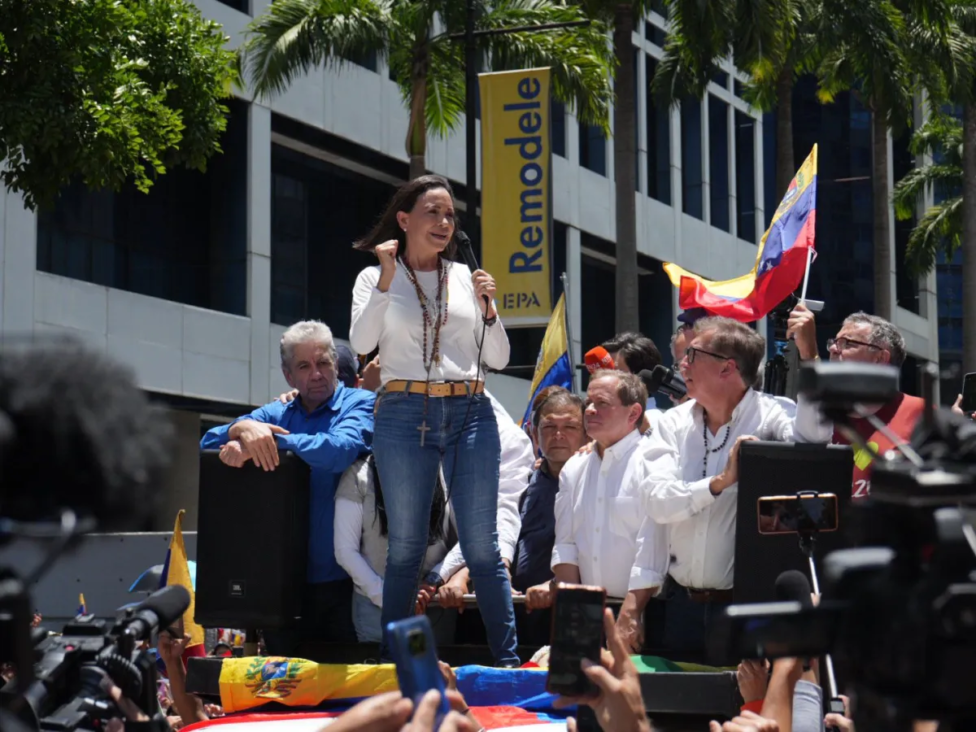
HAVANA TIMES – One month after the controversial presidential election on July 28th, Venezuela remains mired in the depths of its long-standing political crisis, with a government that is solidifying the walls behind which it entrenches itself and an opposition that continues to protest despite the ongoing arrest of its leaders and other citizens.
President Nicolas Maduro appointed retired Captain Diosdado Cabello, his second-in-command in the United Socialist Party of Venezuela as Minister of the Interior and Justice, in charge of police forces. Cabello is a constant advocate of hardline measures (“with the hammer smashing” is his slogan) against any dissident that does not recognize the authorities.
The opposition returned to the streets once again on Wednesday, with demonstrations —diminished in number compared to the election campaign— in Caracas and other cities to reiterate that the election results (tally sheets) gave their candidate Edmundo González a victory by a ratio of nearly 70-30.
The ruling party also held marches today to celebrate the July 28 victory, interpreted as an attempt to turn the page on the election and to gain acceptance of the current state of affairs both domestically and internationally.
Maduro was declared re-elected for the 2025-2031 term by the National Electoral Council, supposedly with 51.9% of the votes, compared to Gonzalez’s 43.1%, but without any proof, and the Supreme Court recently validated this result at the president’s request.
The Electoral Council, the Supreme Court and other national powers are in the hands of the ruling party, and the lack of judicial independence has been highlighted by entities and missions of the inter-American and United Nations human rights systems.
The protests that erupted after Maduro’s victory proclamation on July 29 were suppressed, resulting in 25 deaths, several dozen injuries, and about 2,000 arrests,


